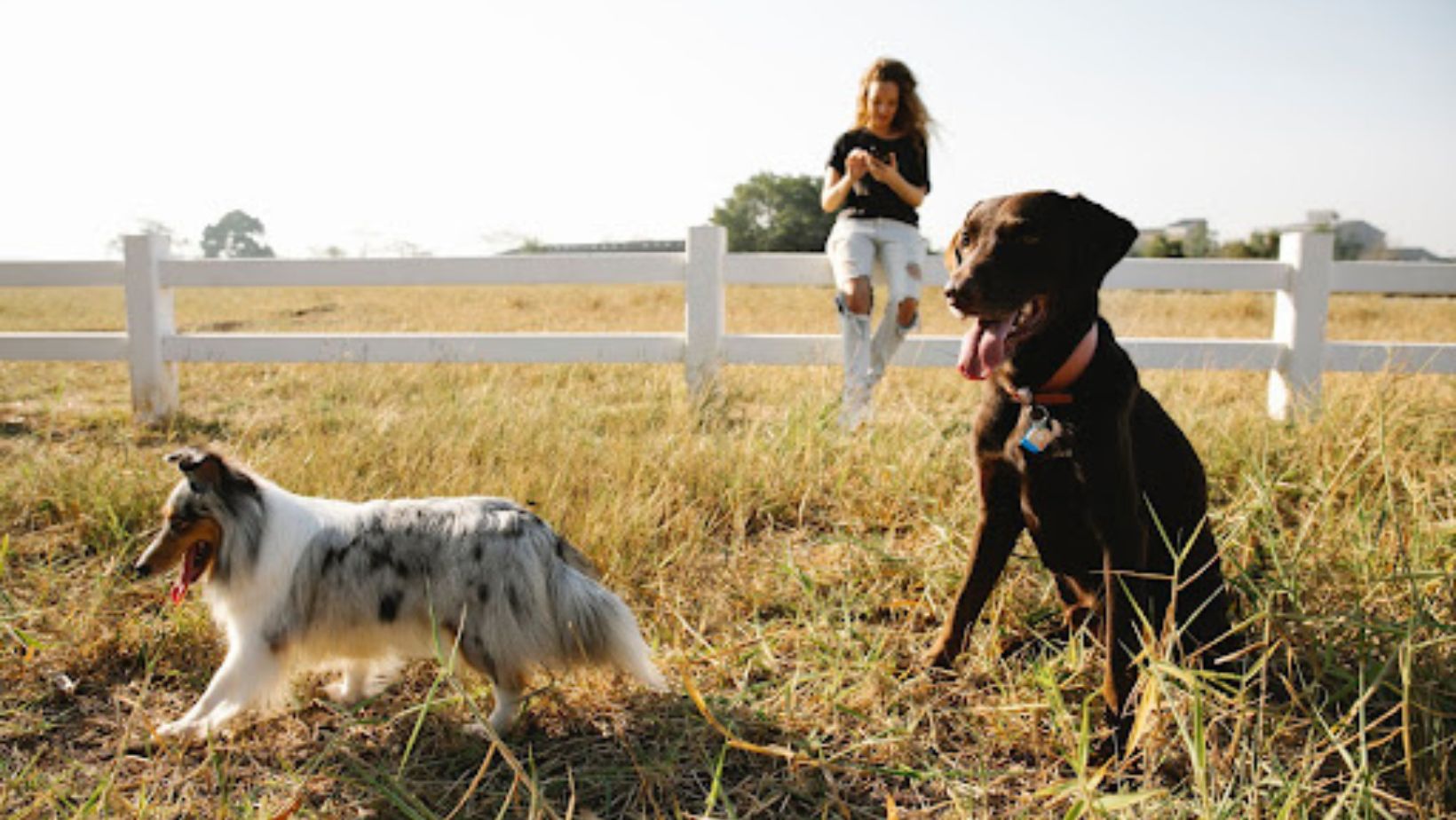How To Train A Bird Dog
Training a bird dog, such as a Labrador, requires patience, consistency, and the right techniques. If you’re wondering how to train a bird dog effectively, I’ll share some valuable tips that can help you in this endeavour.
First and foremost, it’s essential to establish a strong foundation of basic obedience commands with your bird dog. Start with simple commands like sit, stay, come, and heel. This will not only create discipline but also ensure your dog’s safety during hunting trips.
Next, introduce your Labrador to the concept of retrieving. Using a dummy or training bumper, encourage your dog to fetch and bring it back to you. Gradually increase the distance and difficulty level as your dog becomes more comfortable with retrieving objects.
Another crucial aspect of training is exposing your bird dog to different environments and situations. Take them out in the field where they can encounter various scents and distractions. This exposure will help develop their hunting instincts and improve their ability to track birds.
Consistency is key throughout the training process. Set aside regular practice sessions and stick to them diligently. Remember to reward good behaviour with praise or treats while correcting any undesirable actions firmly but calmly.
In conclusion, training a bird dog like a Labrador requires patience, consistency, and proper techniques. By establishing basic obedience commands, introducing retrieving exercises, exposing them to different environments, and maintaining consistency in training sessions, you can develop a well-trained bird dog ready for successful hunting adventures.
 Choosing The Right Bird Dog Breed
Choosing The Right Bird Dog Breed
When it comes to training a bird dog, selecting the right breed is crucial. Each breed has its own unique characteristics and strengths that can greatly impact their ability to excel in this specialised field. In this section, I’ll guide you through the process of choosing the perfect bird dog breed for your needs.
- Consider Your Hunting Style: Before diving into specific breeds, it’s important to assess your hunting style and preferences. Are you an upland hunter or do you primarily hunt waterfowl? Different breeds have been developed for different types of hunting, so understanding your style will help narrow down your options.
- Research Breeds: Now that you have a better idea of what type of hunting you’ll be doing, research various bird dog breeds that are well-suited for that purpose. One popular choice among hunters is the Labrador Retriever. Known for their intelligence and versatility, Labradors make excellent bird dogs and can adapt to both upland and waterfowl hunting.
- Evaluate Temperament: Along with considering hunting abilities, it’s important to evaluate a breed’s temperament as well. A good bird dog should possess traits such as trainability, focus, and a strong desire to please their handler. Labradors tick all these boxes with their friendly nature and eagerness to learn.
- Assess Physical Characteristics: Another factor to consider is the physical attributes of a breed that align with your hunting needs. For example, if you plan on primarily hunting in dense cover or rough terrain, a smaller-sized breed like English Springer Spaniel might be more suitable due to their agility and compact build.
- Talk to Experienced Handlers: Seek advice from experienced bird dog handlers or trainers who have firsthand knowledge about different breeds’ performance in the field. They can provide valuable insights based on their experiences working with specific breeds.
- Consider Training Requirements: Different breeds may have different training needs and learning curves. Labradors, for instance, are generally known for their trainability and quick understanding of commands. This makes them an ideal choice for novice trainers or those looking for a more straightforward training process.
Remember, choosing the right bird dog breed is a critical first step in your journey towards a successful hunting partnership. Take the time to research and consider various factors to ensure you find a breed that matches your hunting style, temperament preferences, and training capabilities.
 Choosing The Right Bird Dog Breed
Choosing The Right Bird Dog Breed